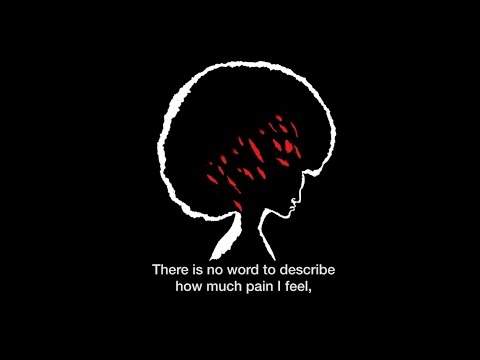Domestic violence, which can also be referred to as domestic abuse, DA and intimate partner violence, IPV, is a pattern of behavior that involves one partner being abusive to another within an intimate relationship, marriage, dating relationship or within a family.
It is important that everyone recognises the warning signs and behaviors that are associated with DV in order to get the right support and help to leave an unhealthy relationship.
DV is not just physical and can be experienced sexually, emotionally, verbally or financially. It is vital to understand that if abuse takes place in a relationship, the person being abused should not be blamed or accused as thought it is their fault.
No one has the right to be hurt or hurt anyone, nor does anyone have the right to make someone do something that they do not want to do. In the UK, 1 in 4 young people have experienced abuse of some kind.
Listed below are the types of abuse and definitions that some people make experience.
Physical Abuse
This is when someone causes physical pain or injury to another person. For example, hitting, kicking, biting, shoving, restraining, slapping, or throwing an object.
Sexual Abuse
This is when someone uses force or a threat to initiate sexual activity, which can also be referred to as sexual assault or sexual violence. For example rape is a sexual assault as it forces a person to engage in a sexual act against his or her will.
Emotional Abuse
This is when a person is psychologically or mentally manipulated by someone else. For example humiliating someone privately or publicly, controlling what someone can and cannot do, withholding information from someone, deliberately doing something to make someone feel embarrassed, isolating someone from their friends and family, implicitly blackmailing someone by harming others when someone expresses independence or happiness, or denying someone access to money or other basic resources and necessities
Verbal Abuse
This is when someone uses harsh or foul language towards another person for no reason. For example, continuously swearing or making slide remarks and comments, name-calling, blaming, ridiculing, disrespecting, and criticising. There are also less obviously aggressive forms of verbal abuse which may include statements that attempt to humiliate, manipulate or falsely accuse someone to submit to undesirable behavior, for example, blackmail. This can also cause a person to feel unwanted and unloved, threaten economically, or isolated from their support systems.
Financial Abuse
This is when someone has control over a person’s finances, which can also be referred to as economic abuse. Economic abuse may involve preventing someone from achieving a higher level of success financially, limiting the amount of resources someone has, or by exploiting the finances someone has. The motive behind financial abuse is to stop someone from gaining resources in order to reduce their capacity to support him or herself, and forced them to depend on their abuser financially. For example preventing someone from obtaining education, finding employment, maintaining or advancing their careers, and acquiring assets.
For more information on DV and the support available go to ‘What is Domestic Violence’ on Page 32 – 34 of Issue 5 of Shine ALOUD Magazine or log on to www.dealwithdv.co.uk


